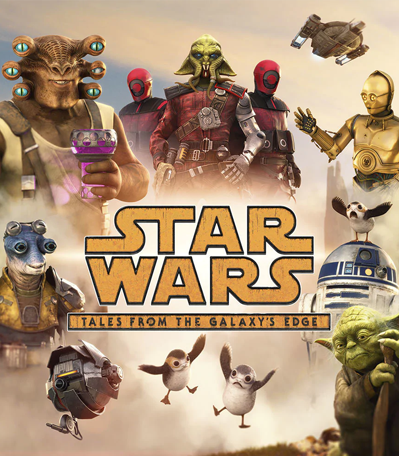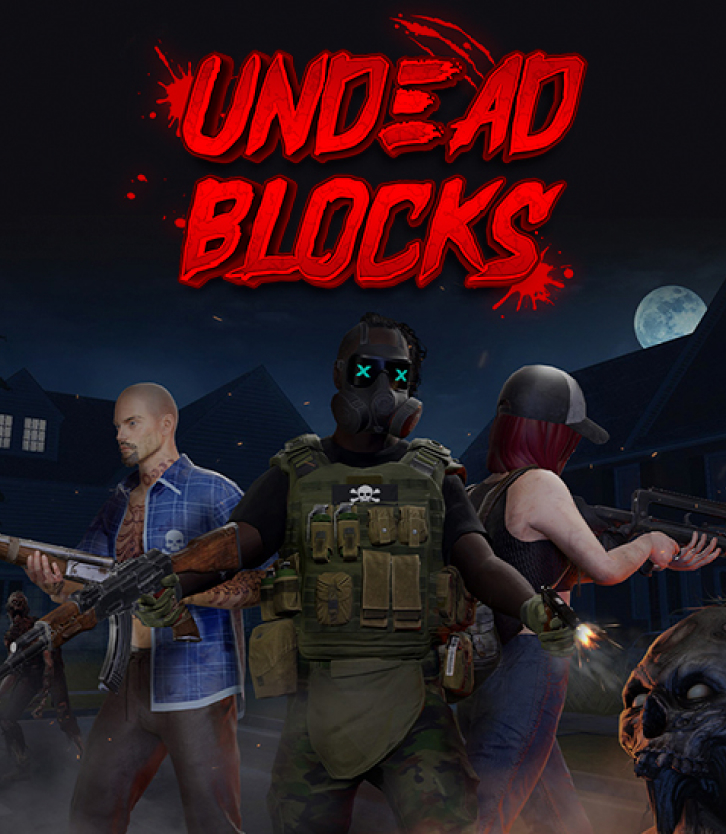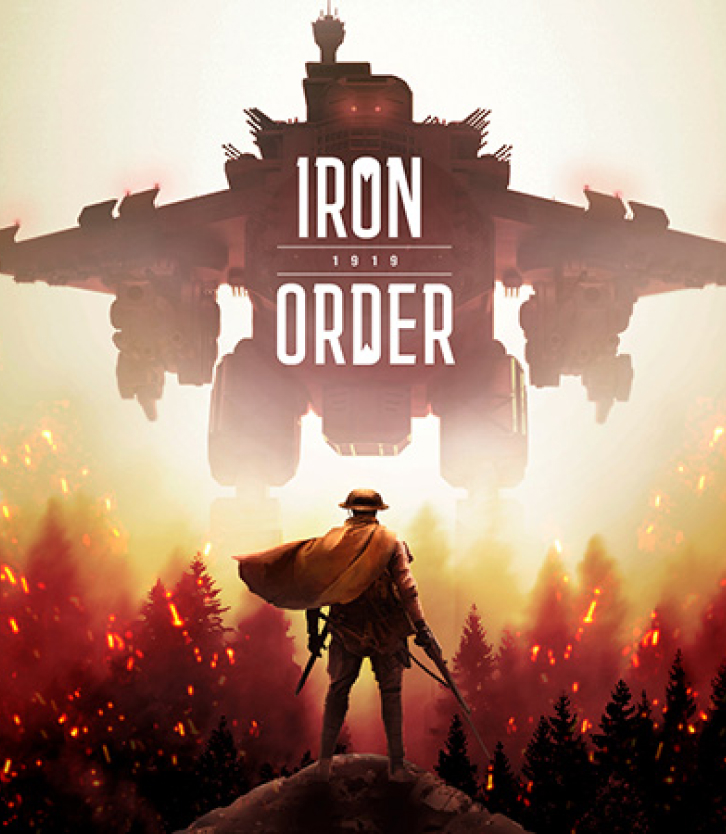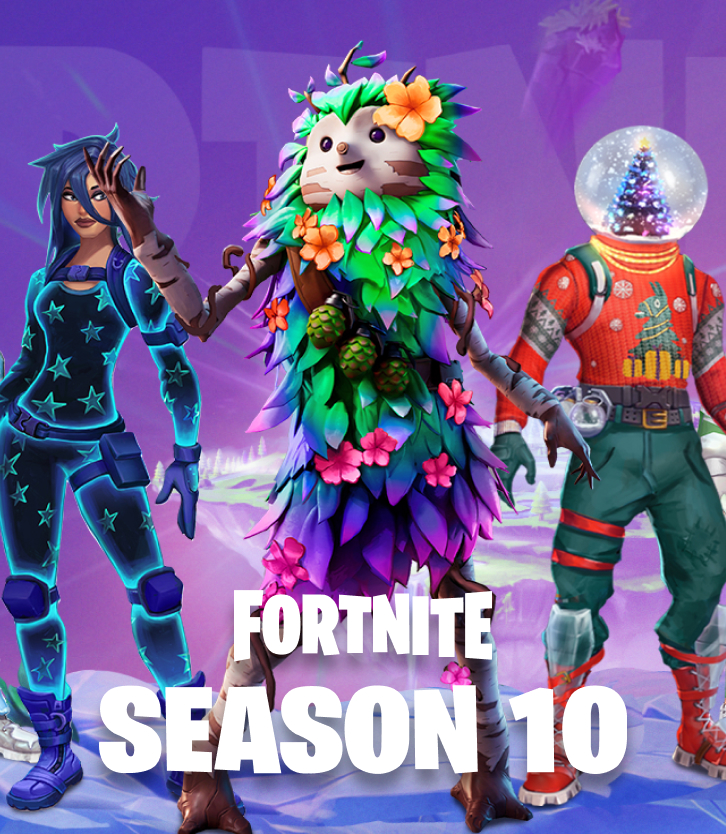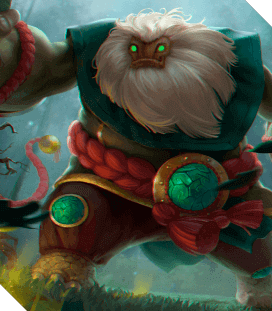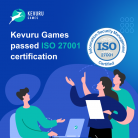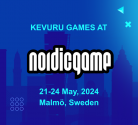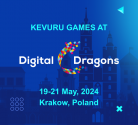The evolution of technology has made it easier than ever to develop and distribute games. Powerful game engines like Unity and Unreal Engine are accessible to indie developers, allowing them to create more games and compete with big publishers. The proliferation of smartphones and tablets has opened gaming to a vast new audience.
So, it’s no longer a niche hobby. People of all ages, genders, and backgrounds play games. This broad audience means a larger market and more diverse game genres. Video games have become a significant part of popular culture worldwide. They’re discussed in mainstream media, influence movies, and music, and have even been accepted as an art form. If you feel inspired to create an outstanding game, you first ask how to generate game ideas and second, how to find a good game developer. Let’s delve into the algorithm of the creative process and it doesn’t matter if we mean indie games or high-budget games.
Brainstorming New Game Ideas: A Comprehensive Guide
Venturing into the vast realm of game development requires more than just a spark of inspiration or new ideas. It demands rigorous research, planning, and a keen understanding of the game development algorithm. Let’s delve into our comprehensive guide on effectively brainstorming ideas for your successful game creation.
Consider Market Trends in Gaming Industry
- Market Analysis: Dive deep into current market trends and genres on the market. What are the top-selling games, and why are they popular? It will give you a sense of direction and help identify potential gaps in the market.
- Audience Insights: Then specify your target audience and define them: casual gamers or hardcore enthusiasts, age group, cultural nuances, and their expectations.
- Technological Trends: Stay updated with the latest in gaming technology. From augmented reality, virtual reality to NFT, earn-to-play games, the tech world is brimming with innovations that can redefine gameplay experiences.
- Historical and Cultural Research: Sometimes, the past and diverse cultures can be a goldmine of inspiration. Think of games like “Assassin’s Creed” or “Ghost of Tsushima” that transport players to different eras and cultures.
Tip With Video Game Idea Generator
A game idea generator is a digital oracle, a fusion of algorithms and databases designed to produce game concepts at the click of a button. The generator pulls from a vast database of genres, themes, and mechanics, ensuring various unique combinations. Instead of spending hours or even days brainstorming, a generator can provide many ideas in seconds. Use the generator multiple times across different stages of development. It can be as useful in refining an existing idea as it is in conceptualizing a new one. Combine elements from multiple suggestions to craft a truly unique concept.
Available at: https://www.occasoftware.com/generators/game-idea-generator
Build Your Game Around a Genre
Choosing the genre of your future game is vital as it sets the rhythm and tone for all other elements to follow. It isn’t merely about gameplay mechanics; it’s about evoking specific emotions, experiences, and expectations in your players. While genres have certain conventions, they also offer vast playgrounds for innovation. Your chosen genre can also guide market positioning. Understand its audience, study its trends, and identify gaps your game can fill.
Source: https://en.wikipedia.org/wiki/List_of_video_game_genres
Examples:
- RPG (Role Playing Game): Players assume the roles of characters in a fictional setting. Examples include “The Witcher” series and “Final Fantasy.”
- FPS (First-Person Shooter): A shooting game from a first-person perspective, where players see the game world through their character’s eyes. Examples are “Call of Duty” and “Doom.”
- Strategy: These games emphasize skillful thinking and planning to achieve victory. They can be real-time, like “StarCraft,” or turn-based, like “Civilization.”
Build Your Game Around a Character
Building a game around a main character means crafting an entire universe around them. Character’s desires, challenges, and growth become the driving force of the narrative and gameplay. A central character should be multifaceted, with strengths, flaws, dreams, and fears. The world, supporting characters, enemies, and game mechanics should all reflect and complement the nuances of your anchor character, creating a cohesive and immersive experience.
Mind Map Your Game Ideas
A mind map is a visual representation of your game idea. It would help if you had it to be sure you didn’t miss anything. Start with a central idea or theme. This could be a gameplay mechanic, a narrative, or even an emotion you want players to experience.
Mind mapping ensures every element of your game has a purpose and is interconnected. It provides clarity, helping you visualize the bigger picture while keeping track of minute details.
Source: https://www.mindmeister.com/49580014/game-ideas
Key Considerations Before Finalizing Your Game Idea:
- Feasibility: You should have the resources and technological capabilities to implement your idea. It’s essential to balance ambition with practicality.
- Uniqueness: While it’s okay to draw inspiration, ensure your game offers something fresh to the table. As there’s a glut in the market of the same type of games, you should think over a unique selling point (USP) that can set your game apart.
- Monetization Strategy: Think about how you’ll generate revenue. Will it be a one-time purchase, a freemium model, or will it contain in-game purchases?
- Platform Suitability: Is your game idea better suited for mobile, console, PC, or VR? Should you deal with the streaming platform? The platform can significantly influence gameplay mechanics and design.
Gathering Together Your Team:
- Game Designers: They’ll bring expertise in gameplay mechanics, level design, and player psychology;
- Narrative Designers: Essential for narrative-driven games, they’ll weave the lore, character arcs, and dialogues;
- Artists and Conceptualizers: They’ll sketch out preliminary designs, helping visualize characters, worlds, and assets;
- Market Analysts or Market Experts: Their insights into market trends and audience preferences can guide the brainstorming process;
- Tech Experts: They can provide valuable input on the technological feasibility of specific ideas.
What’s Next After Picking A Game Development Idea?
- Documentation: Draft a comprehensive Game Design Document (GDD). This blueprint will detail everything from gameplay mechanics to character backstories;
- Prototyping: Before proceeding to development, create a prototype. It tests the gameplay mechanics and provides a tangible sense of the game;
- Choose developers you trust: Beyond the brainstorming team, you’ll need developers, animators, sound engineers, etc;
- Investments: Determine your budget. Consider seeking investors, launching a crowdfunding campaign, or using personal funds;
- Development: With everything in place, dive into the development. Regular testing, feedback, and updates are crucial;
- Marketing and Launch: As development progresses, start your marketing campaigns, build hype, and prepare for launch.
Some Ideas For a Video Game
Virtual World
- Museum Explorer: Visit virtual museums with AR/VR, interacting with exhibits and even entering historical scenes.
- Virtual Escape Room: Solve puzzles in a VR environment to escape within a time limit.
Play-to-Earn Games
- Virtual Marketplace: Players create and trade virtual goods, from fashion items to artworks.
- Resource Magnate: Mine virtual resources, refine and sell them in a dynamic market.
Story Games
- Time Travel Detective: Solve mysteries by traveling through different eras.
- Post-Apocalyptic Survivor: Navigate a world after a catastrophe, making choices that shape the storyline.
Sports Games
- Underwater Rugby: A twist on traditional sports set underwater.
- Extreme Acrobats: Navigate urban environments with acrobatics, competing for the best time.
Smartwatch Games
- Pulse Runner: A game that uses the player’s heart rate to set challenges.
- Quick Quests: Mini RPGs designed for short interactions on a smartwatch.
Mental Health Games
- Emotion Explorer: Players navigate scenarios to learn about emotional intelligence.
- Mindfulness Quest: Guided meditation and relaxation techniques within a game setting.
Games for Professionals
- Medical Simulator: Practice surgeries or diagnoses in a virtual environment.
- Virtual Stock Market: A real-time game for budding investors to learn stock trading.
Fantasy and Sci-Fi Game Development
- Alien Diplomacy: Navigate political intrigue on an intergalactic scale.
- Magic Academy: Learn spells, brew potions, and interact with mythical creatures.
Educational Games
- Math Magic: Solve puzzles and challenges using mathematical concepts.
- History Hunter: Travel through time, experiencing and learning about significant events.
Arcade Games
- Galactic Defender: A space shooter with waves of alien enemies.
- Pixel Navigator: A retro-style game where players navigate obstacles in a pixelated environment.
Animal Racing Games
- Jungle Sprint: Race on the backs of jungle animals like panthers or monkeys.
- Aerial Ace: Birds or flying creatures race through challenging terrains.
Investment Games
- Crypto Kingdom: Manage a virtual cryptocurrency, mining, and trading to grow your empire.
- Real Estate: Buy, develop, and sell properties in a dynamic market.
When developing any game, it’s essential to consider the target audience, the platform, and the core gameplay mechanics. Engaging storylines, intuitive controls, and appealing graphics can significantly enhance the player experience.
Kevuru Games Expertise In Ideas For a Video Game
Our team has vast experience with various game aspects. Whether it’s the adrenaline-pumping action of first-person shooters or the intricate narratives of role-playing games, or game economy design we are ready to share our ideas and create an outstanding game using technological advancements. At the heart of our ideation process, we always put the player.
Our ideation involves brainstorming with designers, storytellers, market analysts, and tech experts. This collective brainstorming ensures our game ideas are holistic, innovative, and well-rounded.
As a group of professionals with extensive experience in platform-specific full-cycle development, Kevuru Games stands out in the gaming industry. Our expertise extends beyond a single console or mobile platform.
PC Gaming: We provide activities that use cutting-edge hardware to produce amazing visuals, physics, and gameplay elements.
Mobile Gaming: We create games that are aesthetically pleasing and designed for touch interfaces, assuring fluid, engaging gameplay on the go. Because we are aware of the prevalence and accessibility of mobile devices, we take this action.
Console Gaming: Whether it’s the vibrant Xbox world, the innovative Nintendo worlds, or the PlayStation environment, we can create games that capture the spirit of each console and offer gamers experiences that are both genuine and ground-breaking.
Cloud and Streaming: Kevuru Games is a forerunner in the gaming industry, and we comprehend the fundamentals of cloud gaming and streaming platforms, making it possible for gamers everywhere to experience games not just as a means of entertainment but as a way of life.
Kevuru Games provides full-cycle game development services, including creating user-friendly interfaces, integrating multiplayer networks, and ensuring smooth cross-platform experiences. We can handle everything from the original idea to the updates and remakes. Contact us to find out how long does it take to make a video game.

